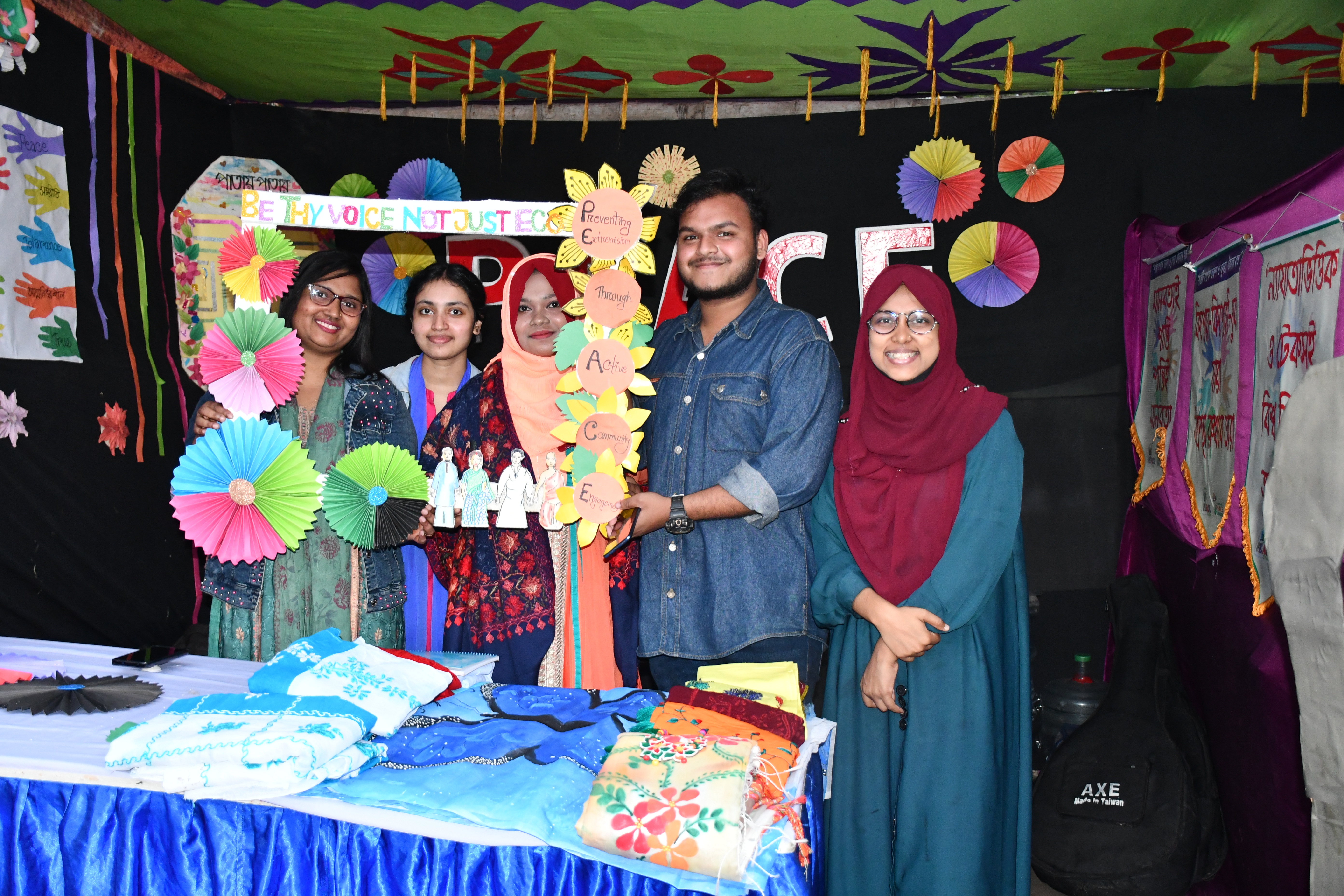BANGLADESH
CONTEXT
Bangladesh is currently ranked 32 on the Global Terrorism Index of 2024. Violent extremist propaganda and radicalisation ideologies spread in 2021, particularly online. With the closure of educational institutions for over 540 days, adolescents and youth were at increased risk of radicalisation through popular social media platforms, such as Facebook, YouTube and Telegram. A spike in VE posts was recorded after the takeover of power by the Taliban in Afghanistan.
In the last quarter of 2022, the law enforcement agencies found an extremist training center in the Chittagong Hills. In a search operation, the authorities found leaflets, books on radical views, training syllabi and accounting books. The authorities identified around 80 young people from different regions who have joined the group. Some of them had been reported as missing by their families.
INVESTMENT FOCUS
Since 2016, GCERF has invested three times in Bangladesh. Bangladesh became the first country to graduate from GCERF funding. Through funding to 39 local sub-recipient organisations overseen by YPSA and Rupantar, more than 1.4 million people have been reached.
The projects have engaged with more than 16,000 religious and community leaders, enlisting their support as respected leaders to counter extremist narratives and build critical thinking within their communities.
In addition, international funding channeled by GCERF has supported the creation of 264 local PVE Youth Peace Groups and Youth Forums, engaging more than 5000 members. Today, many Youth Groups and Forums have become embedded in communities and empowered to take on more diverse activities, (health messaging and pandemic preparedness for example) beyond their core activities to counter extremist ideologies.
09
Total Grants
41
Civil Society Organisations
10.9M USD
Total Amount Committed

Newsletter

Sustainable Development Goals

Peace, Justice & Strong Institution
No Poverty

Quality Education

Gender Equality

Decent Work & Economic Growth

Reduced Inequalities

